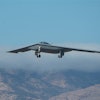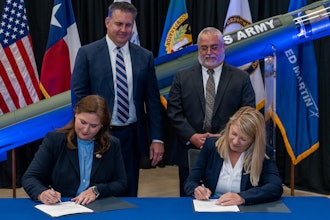The FAA was investigating the crash of a Boeing 737 Max in Jakarta before a second crash in Ethiopia March 10 elevated the visibility of the case, according to Bloomberg.
The FAA faced criticism for its allegedly slow response to the two crashes. Although the FAA is known for leading the way when it comes to professional response to aircraft safety issues, it was supporting the airworthiness of 737 Max jets after they were grounded in at least 40 countries. On March 13 the FAA said that it had found no reason to ground the planes within the United States.
The first Lion Air 737 Max 8 crashed Oct. 29, the second March 10. Both crashes are suspected to have come about from faulty flight-control software, which, according to Bloomberg, was certified by Boeing staff under an outsourcing arrangement with the FAA. Designees are assigned to run outsourced tests in part because the FAA does not have the budget to perform them, former accident investigations lead at the FAA Steve Wallace told Bloomberg.
Current investigations are being organized by the Transportation Department’s Inspector General’s office as a criminal investigation. This is uncommon, Bloomberg notes. In the last few years, FAA testing has shifted from closer to the authoritative body to closer to the aircraft manufacturer, with Boeing providing an increasing number of the people who oversee safety tests.
According to Bloomberg, the Justice Department has put together a grand jury subpoena to investigate the development of the plane. On Sunday, the Seattle Times reported that U.S. regulators put the safety assessment in Boeing’s hands, and that the company has turned in a report of design flaws.
In the March crash in Ethiopia, 157 people were killed. The accident in Indonesia in October killed 189 people.






















